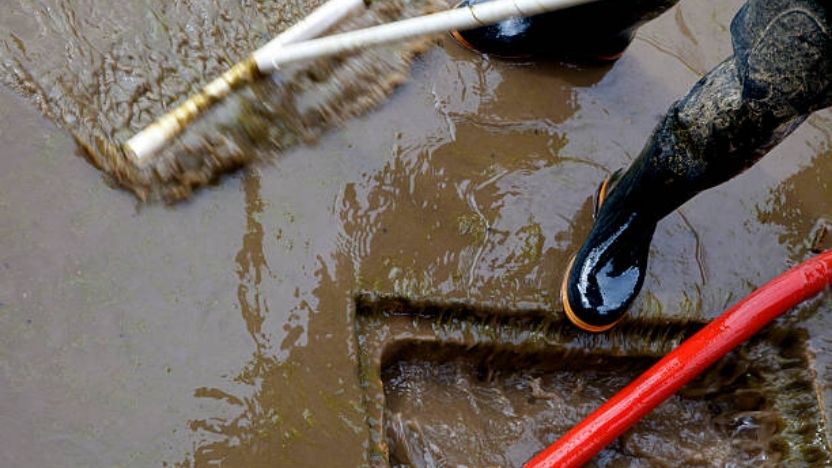Nowadays, places that hardly get flooded are getting inundated, and people are being caught unawares. Below are some tips to help you prepare for flood, and what to do during, and after floods.
Before Flood:
- If you live in a flood probe area, develop an evacuation plan. This involves having each member of your family know where to go if they have to leave when the floodwater is rising. Making plans on the fly will only result in panic and confusion.
- Determine what to move, and to where. Prioritize important things like important documents, jewellery, electronics, medical equipments/medicines, food supplies and so on.
- Use the safest route to a predetermined location, and by all means, try and avoid inundated roads. When you are leaving your house, make sure you have switched off the gas, electricity, and water supply.
- Let your relatives and friends where you will be once you have evacuated your home, to prevent unnecessary panic.
- Have a disaster supply kit handy, which include first aid supplies, flashlight with extra batteries, non-perishable food, drinking water, candles and matches, essential medicines, as well as change of clothes, blankets or sleeping bags. Keep some cash on you as well.
- It is important to store clean drinking water in the gallons so that you don't go thirsty when everything is under water.

During Flood:
- Listen to the radio or television for information on the current rain/flood situation. If you have still have internet access, checking the social media for updates would do too.
- Move to higher ground to avoif the possibility of getting caught in a flash floods.
- Follow emergency orders from the authorities, including on evacuation.
- When you evacuate, follow the recommended routes as your usual shortcut may be already under water.
- f you come across a flooded stretch of road, DO NOT attempt to drive through it, or around barriers, as a car can be swept away in as little as one feet of water.
- DO NOT try walk to rushing waters as well as just six inches of rapidly moving water can knock an adult off his/her feet. Turn around and go the other way. Do not try to swim through the floodwaters either as you do not know what's underneath.
- If at all your car gets stuck in floodwaters, abandon your vehicle and move to higher ground. You can buy another car, but you won't get another life.

After a Flood:
- Listen to the radio and TV or check the social media for the latest announcements from the authorities.
- DO NOT return home at your own accord, unless advised by the authorities.
- When you do return, check for broken parts, cracks and missing items.
- DO NOT immediately turn on the electrical, gas and water supply first before checking them beforehand.
- Inspect your septic tank.
- Throw away food and drinks that have been damaged by floodwaters.
- When you have the situation at home pretty much sorted, help your neighbours, especially the elderly or disabled, with clean-up efforts.

Whatever the case, save these important emergency hotlines on your phone as you never know when you may need them:
Police and ambulance: 999
Fire and Rescue Services Department: 994
Civil Defence: 991
It is better be prepared to face any eventuality, in today's unpredictable world. As the cliched saying goes "It is better to prepare the umbrella before the rain comes", it is better to be safe than sorry.
Hope the above tips will help you be more prepared, in case you find yourself in a wet spot.
Source: forecastmuar.water.gov.my
Photos source: Pexels, istockphoto.com
